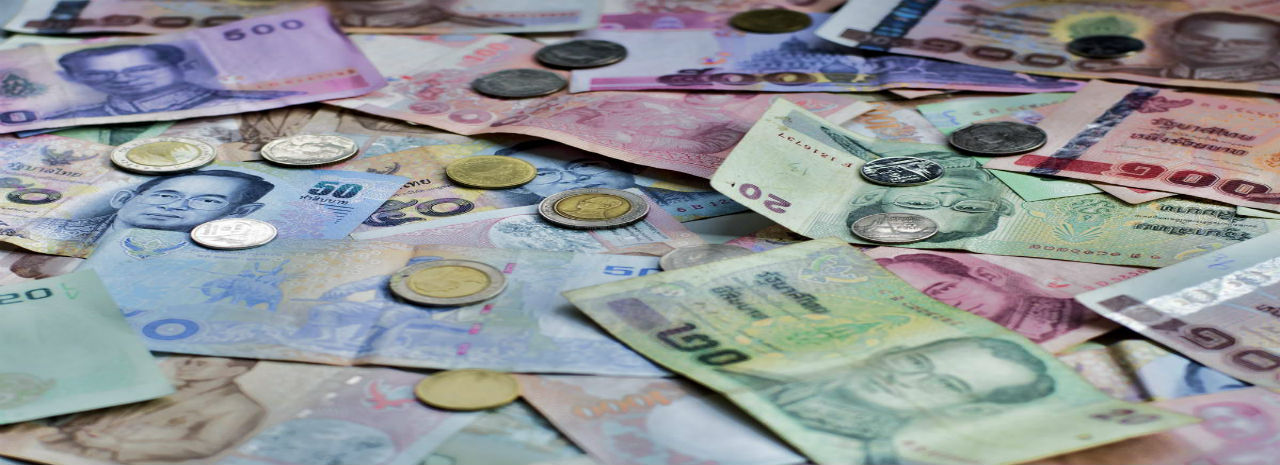Investing in Overseas Blue Chips Without Leaving Singapore via SDRs?
TL;DR
- Singapore Depository Receipts (SDRs) are SGX-listed instruments that represent beneficial ownership in shares of companies listed on overseas exchanges.
- They allow Singapore investors to gain foreign stock exposure—such as to Hong Kong and Thai blue chips—without opening a foreign brokerage account.
- Each SDR is backed by underlying shares held by a custodian and can be converted to and from the original shares.
- Currently available for well-known companies like Alibaba, Tencent, HSBC, Airports of Thailand, Kasikorn Bank, and more.
- Suitable for investors seeking cross-border exposure with local trading convenience, but they come with currency and market risks.
For years, Singapore investors wanting to own foreign blue chips faced the hassle of overseas brokerage accounts, currency conversions, and cross-border trading costs. Now, Singapore Depository Receipts (SDRs) make it possible to buy and sell shares of top Hong Kong and Thai companies—right on SGX—using your regular local broker.
What Are Singapore Depository Receipts (SDRs)?
According to SGX, SDRs are tradable instruments listed on the Singapore Exchange that represent beneficial interest in an overseas-listed security.
- They are issued on an unsponsored basis by an intermediary (the SDR issuer) who holds the actual underlying shares in custody.
- The issuer appoints a custodian, and the shares are held on trust for SDR holders.
- Investors can request issuance (conversion from shares to SDRs) or cancellation (conversion from SDRs back to shares).
Importantly, SDRs are classified as Excluded Investment Products (EIPs), meaning they are accessible to retail investors without the complex-product restrictions.
Benefits for Singapore Investors
| Benefit | Why It Matters |
|---|---|
| Local Access to Overseas Stocks | Trade Hong Kong and Thai companies via your Singapore broker, in SGD or USD. |
| No Foreign Brokerage Account Needed | Avoid the paperwork and maintenance fees of an overseas trading account. |
| Dividend Pass-Through | Receive dividends from the underlying company, converted to your settlement currency. |
| Corporate Action Participation | Participate in rights issues, bonus issues, and other corporate actions. |
| Lower FX Friction | Trade in your preferred currency without manually handling conversions. |
Current SDR Listings on SGX
Hong Kong-listed companies available via SDRs:
- Alibaba Group (HBBD 5:1)
- Tencent (HTCD 10:1)
- HSBC (HSHD 5:1)
- Meituan, JD.com, BYD, Ping An Insurance, Xiaomi, SMIC, CATL, Pop Mart, Bank of China, PetroChina

Thai-listed companies available via SDRs:
- Airports of Thailand (TATD 1:1)
- Kasikorn Bank (TKKD 1:1)
- PTT Exploration & Production (TPED 1:1)
- Delta Electronics (TDED 1:1)
- CP Foods, CP All, Gulf Development, Advanced Info Service, Siam Cement
(SDR ratios indicate how many SDR units represent one underlying share.)
How SDRs Work in Practice
-
Issuer Buys & Holds Underlying Shares – A licensed SDR issuer acquires the foreign shares and deposits them with a custodian.
-
SDRs Created for SGX Trading – SDR units are issued to represent beneficial interest in those shares.
-
Trading on SGX – You buy and sell SDRs like any SGX-listed stock via your local broker.
-
Corporate Actions & Dividends – The issuer passes on corporate actions and converts dividends into your settlement currency.
-
Conversion Option – You can request to exchange SDRs for the actual foreign shares (and vice versa), subject to fees.
Risks to Consider
-
Currency Risk – Underlying shares trade in HKD or THB; currency fluctuations affect returns.
-
Market Risk – You’re exposed to the performance of the overseas market.
-
Liquidity Risk – SDR trading volume may be lower than in the home market.
-
Corporate Action Processing Time – Corporate events may take longer to process compared to direct ownership.
FAQ
Q1: Do SDRs have the same price as the underlying shares?
They generally track the underlying share price adjusted for the SDR ratio and exchange rate, but small deviations can occur.
Q2: Can I use CPF or SRS funds to buy SDRs?
As of now, CPFIS and SRS eligibility depends on SGX classification; investors should check with their provider.
Q3: Are there extra fees for SDRs?
Normal brokerage fees apply; some corporate action or conversion requests may incur issuer charges.
This is an AI-powered article, curated by The Financial Coconut.
Let us know what you think about this topic, and what do you want to hear next.
Sources Consulted:
You can now be our community contributor and make a pitch to have your favourite personality be on our show.
Join our community group and drop us your insights on this topic.

-3.png?width=50&name=Square%20(2)-3.png)












Let us know what you think of this post